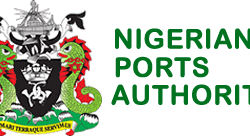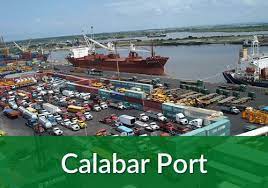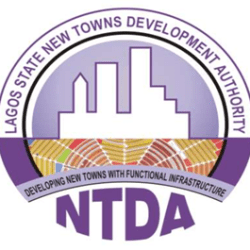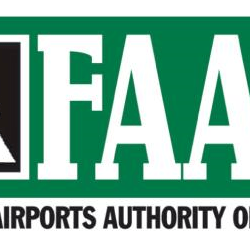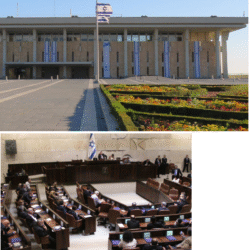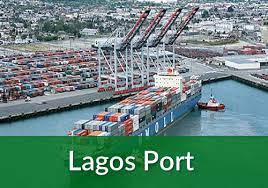The Authority was established in 1954 by an Act of Parliament (Port Act, CAP 155 Laws of the Federation of Nigeria and Lagos 1955, currently NPA Act CAP N126 LFN, 2004) to control and maintain the seaports as well as load and discharge cargo. Its operations started on 1 April 1955. On 17 June 1992 the Authority was incorporated as a public liability company under the provision of the Companies and Allied Matters Act 1990 as a wholly owned government company. In 1999 the status of the Authority reverted to an Agency of the Federal Republic of Nigeria. The Ministry of Transport remains the supervising ministry.
The Port of Port Harcourt was conceptualised on discovery of coal at Enugu and was subsequently opened for the business in 1913. The completion of the railway line in Enugu in 1916 resulted in the development of four 1920 feet long berths at Port Harcourt to expedite the exploitation and eventual exportation of coal on one hand and the support of importation of goods on the other hand. The Nigerian Port Authority was established as a continuous Public Corporation by the Ports Act of 1954 to address the institutional weakness that bordered on lack of coherent policy framework as ports development were done on adhoc basis driven by changes on the level and demand of sea-borne trade.






Nigerian Ports Authority Functions and Powers
In 1954 the Ports Act was promulgated and the Nigerian Ports Authority commenced full operations on 1 April 1955.
The Authority
(a) shall be a body corporate, with perpetual succession and a common seal; and (b) may sue and be sued in its corporate name.
The NPA shall have power to: (a) construct, execute, carry out, equip, improve, work and develop ports, docks, harbours, piers, wharves, canals, water courses, embankments and jetties; (b) invest and deal with the monies of the NPA not immediately required on such securities or in such investments and manner as may, from time to time, be expedient; (c) erect, construct, lay down, enlarge, maintain and alter any building, erection and work which may seem directly or indirectly necessary or convenient for any of its purposes; (d) act as consultants and advisers in relation to ports and port operations in Nigeria or in any part of the world; (e) carry on the business of carrier by land or sea, stevedore, wharfinger, warehouseman or lighterman or any other business desirable for the functions of the NPA; (f) acquire any undertaking of any registered business that affords facilities for the loading, unloading or warehousing of any goods in any port in Nigeria; (g) appoint, license and manage pilots of vessels; (h) insure all goods and consignments that are in the custody of the NPA; (i) control the erection and use of wharves in any port or its approaches; (j) buy any property, and sell, let, lease or otherwise dispose of any property, which appears to the NPA to be unnecessary for its purposes; (k) enter into agreement with any person for the supply, construction, manufacture, maintenance or repair by that person of any property, movable or immovable, necessary for the purposes of the NPA; (l) enter into agreement with any person for the operation or the provision of any of the port facilities which may be operated or provided by the NPA; (m) provide, appoint, license and regulate weighers and meters for measuring goods in any port in Nigeria; (n) reclaim, excavate, enclose, raise or develop any of the lands acquired by or vested in the NPA; (o) take sand from the ports and their approaches for such purposes as it may deem fit; (p) do anything for the purpose of advancing (i) the skills of persons employed by the NPA; or (ii) the efficiency of the equipment of the NPA or of the manner in which that equipment is operated, including the provision by others of the facilities for training, education and research; (q) provide residential accommodation, houses, hostels and other similar accommodation for its deserving employees on terms and conditions to be determined, from time to time, by the NPA, in order to promote the welfare of its employees; (r) purchase, take on lease or in exchange or otherwise acquire, hold, manage, work, develop the resources of and turn to account any estate, land, building, tenement, and other real property of any description, including leasehold or other tenure and wheresoever situate and any interest therein and any right connected therewith, and in particular, to acquire or take over estates situated in Nigeria
